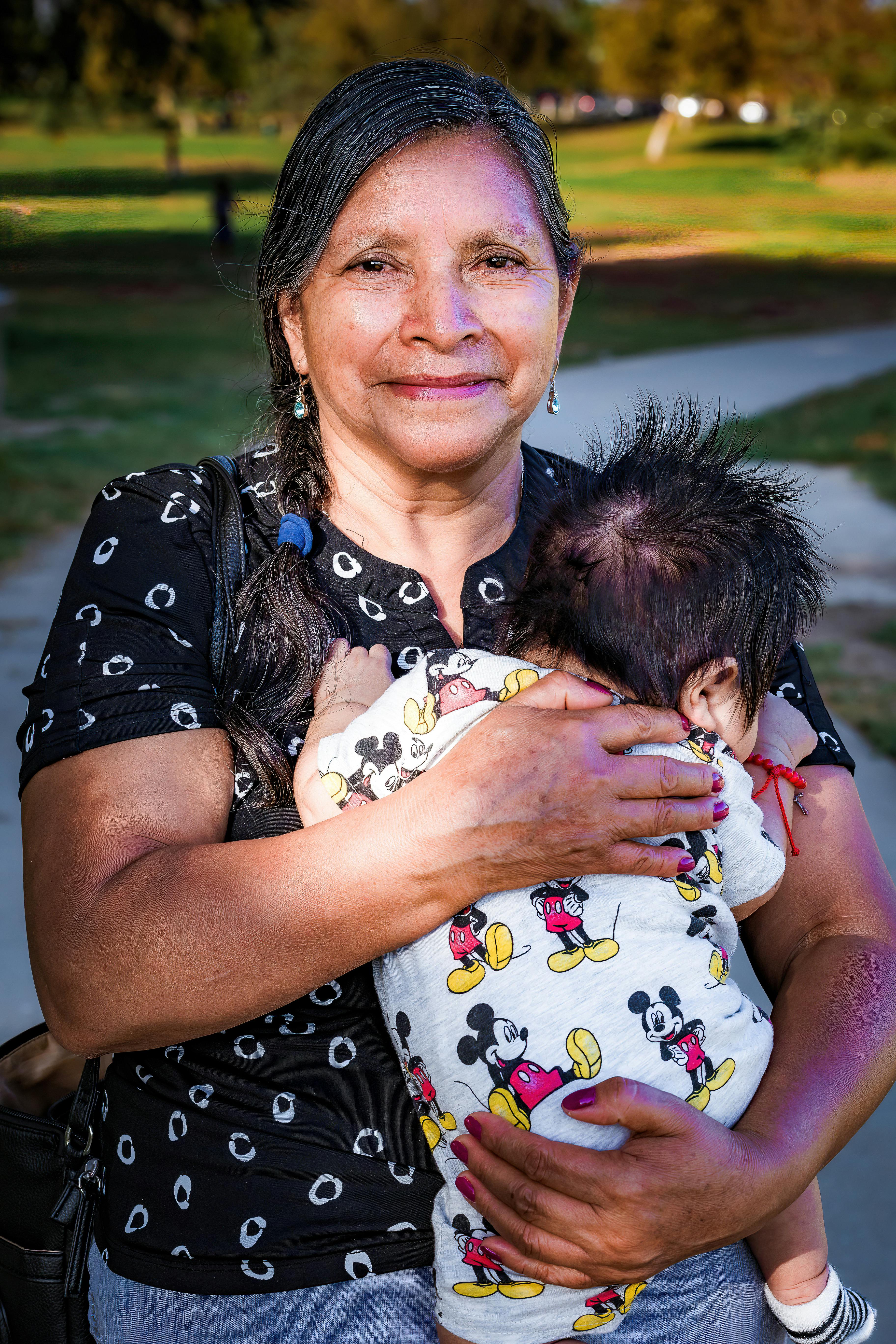Table of Contents
Safety First
One of the most important aspects of babysitting is ensuring the safety of the children in your care. This means being knowledgeable about basic first aid and CPR in case of an emergency. It is also crucial to be aware of any potential hazards in the home, such as sharp objects, choking hazards, or electrical outlets. Making sure that children are properly supervised at all times and that they are not able to access dangerous items is essential for their safety.
On-Demand Childcare in Your Neighborhood
Book a Sitter
Communication is Key
Communication with both the children and their parents is vital for a successful babysitting experience. It is important to establish clear expectations with the parents before they leave, including bedtime routines, mealtime preferences, and any special instructions. Keeping open lines of communication with the children is also essential, as it helps to build trust and create a positive relationship. Being able to listen actively and communicate effectively with both children and parents will make for a smoother babysitting experience.
Understanding Child Development
Every child is unique, and as a babysitter, it is important to have a basic understanding of child development. Knowing what is typical at each stage of a child’s development can help you to anticipate their needs and respond appropriately. For example, understanding the milestones of different age groups can help you choose age-appropriate activities and engage with children in a way that is both fun and stimulating for them. Being able to adapt your caregiving approach based on the individual needs and developmental stages of the children in your care is key to being a successful babysitter.

Playing and Engaging with Children
Babysitting is not just about making sure that children are safe and well-cared for; it is also about providing them with opportunities for play and learning. Engaging with children through play helps to build a strong bond with them and creates a fun and enjoyable environment. Having a repertoire of age-appropriate games and activities can keep children entertained and engaged, while also promoting their cognitive, social, and emotional development.
Being creative and flexible in your playtime with children can make for a memorable babysitting experience for both you and the children.
Handling Challenges and Conflicts
No babysitting experience is without its challenges, and it is important to be prepared to handle conflicts and difficult situations that may arise. Whether it is dealing with a child who is acting out, resolving disagreements between siblings, or managing a child who is refusing to follow instructions, having strategies in place to address these challenges is important. Remaining calm, patient, and consistent in your approach can help to de-escalate conflicts and resolve issues effectively. Being able to navigate challenging situations with grace and understanding is a valuable skill for any babysitter to have.
In conclusion, babysitting requires much more than just watching over children; it requires a good understanding of essential childcare basics. By focusing on safety, communication, child development, playtime, and conflict resolution, babysitters can provide a safe, engaging, and positive experience for the children in their care. Continuously honing these skills and seeking to improve as a caregiver will not only benefit the children, but also the babysitter themselves in their future caregiving endeavors.










